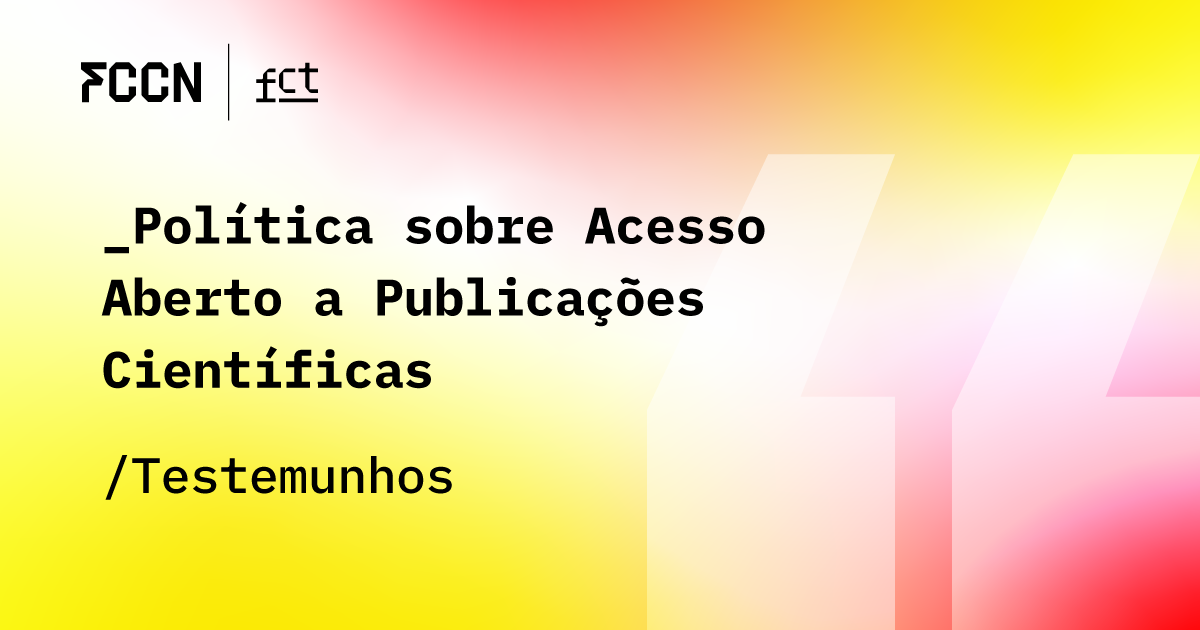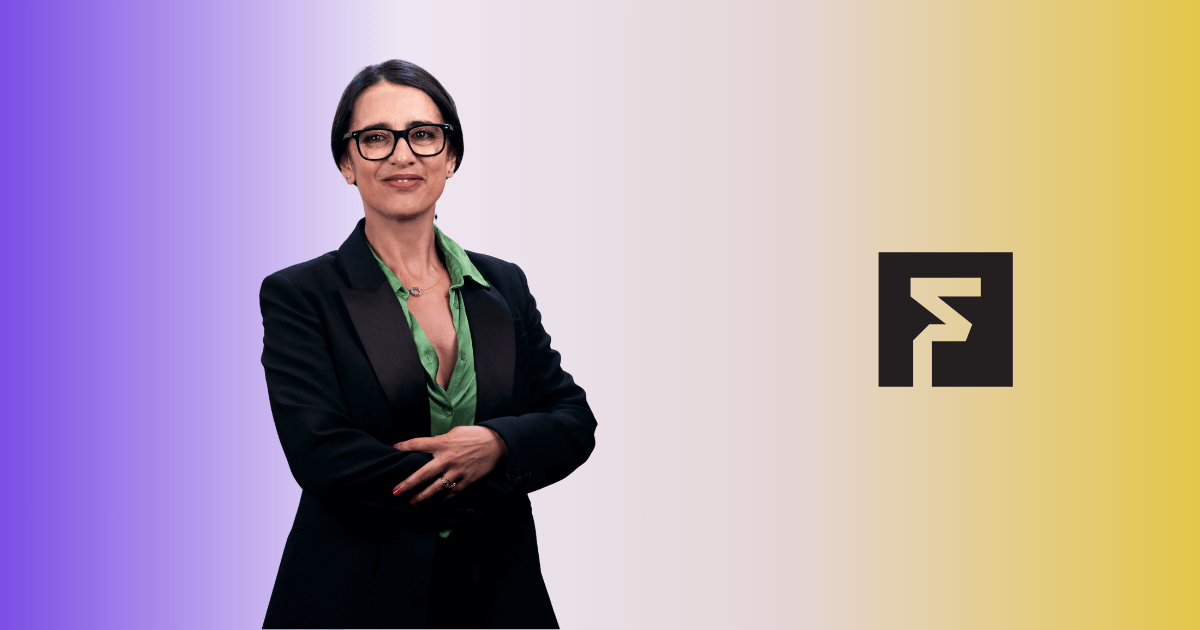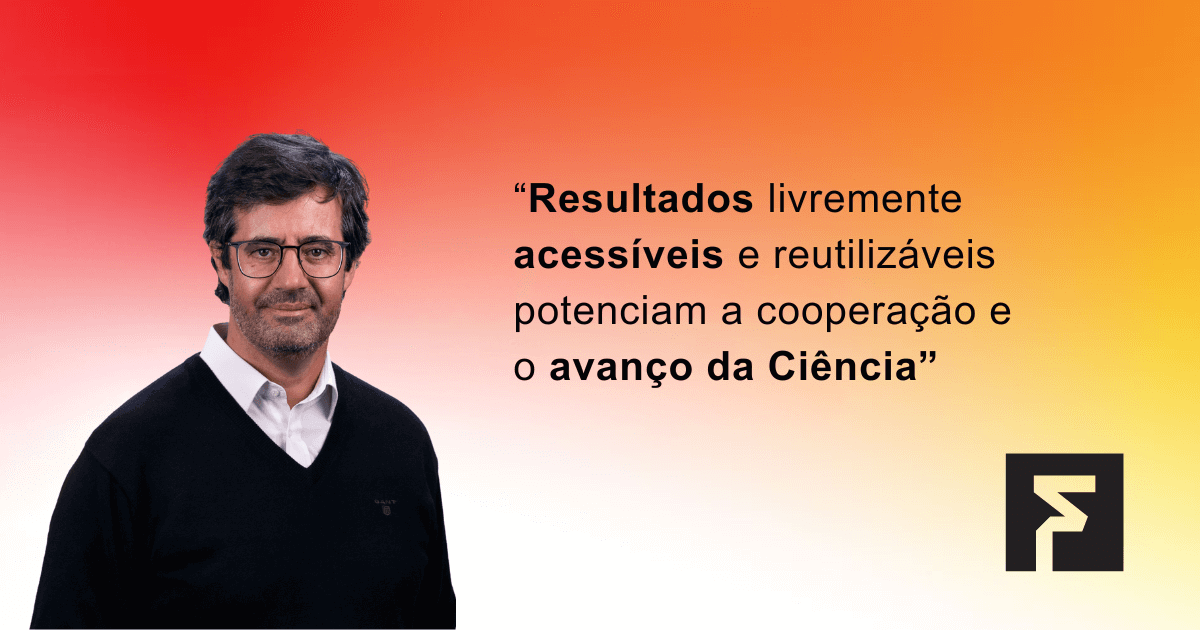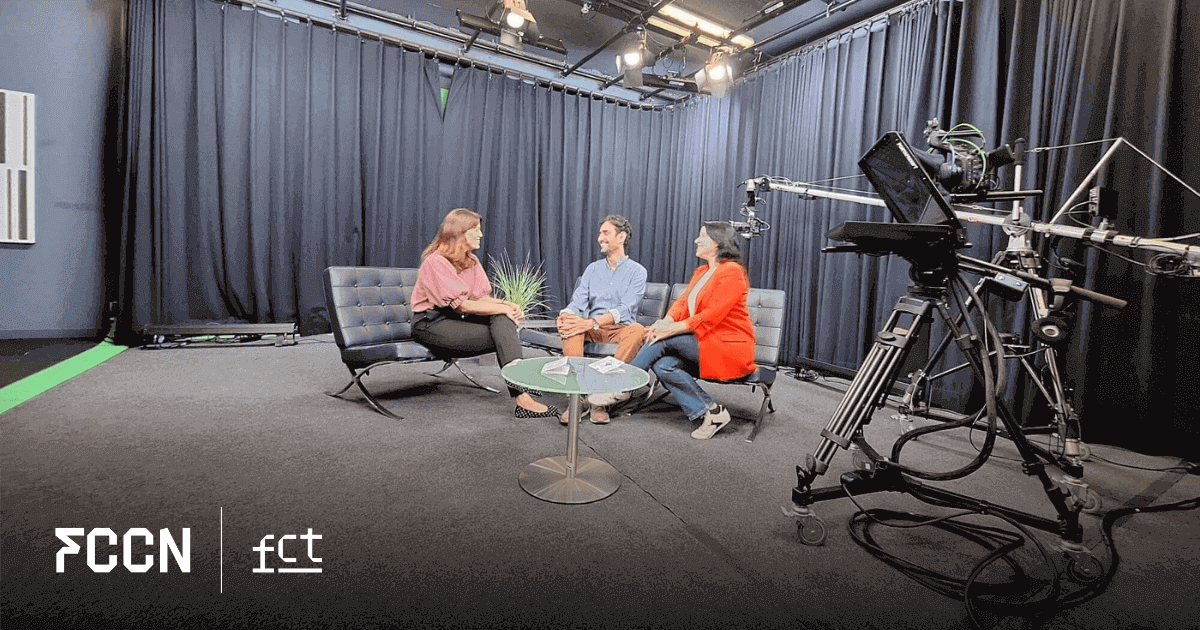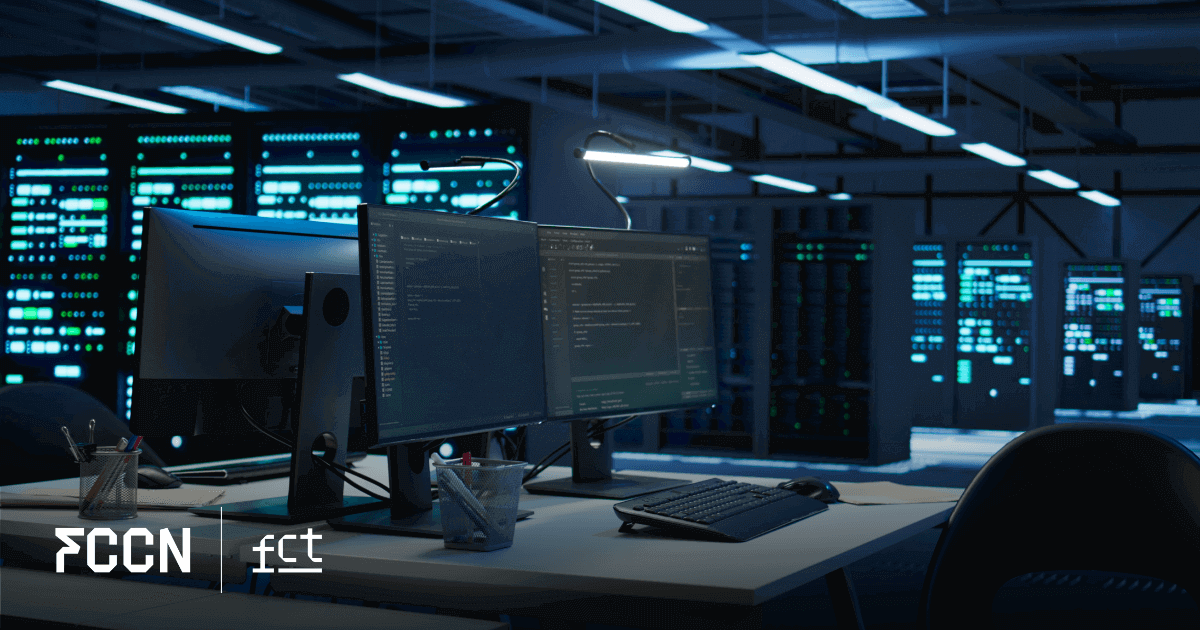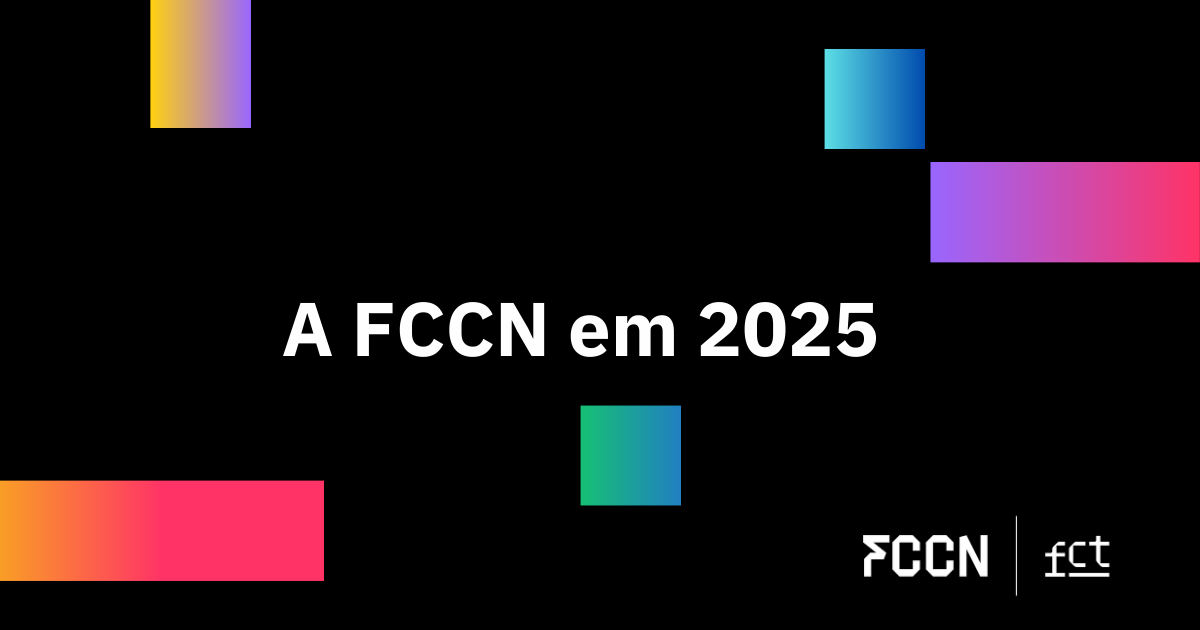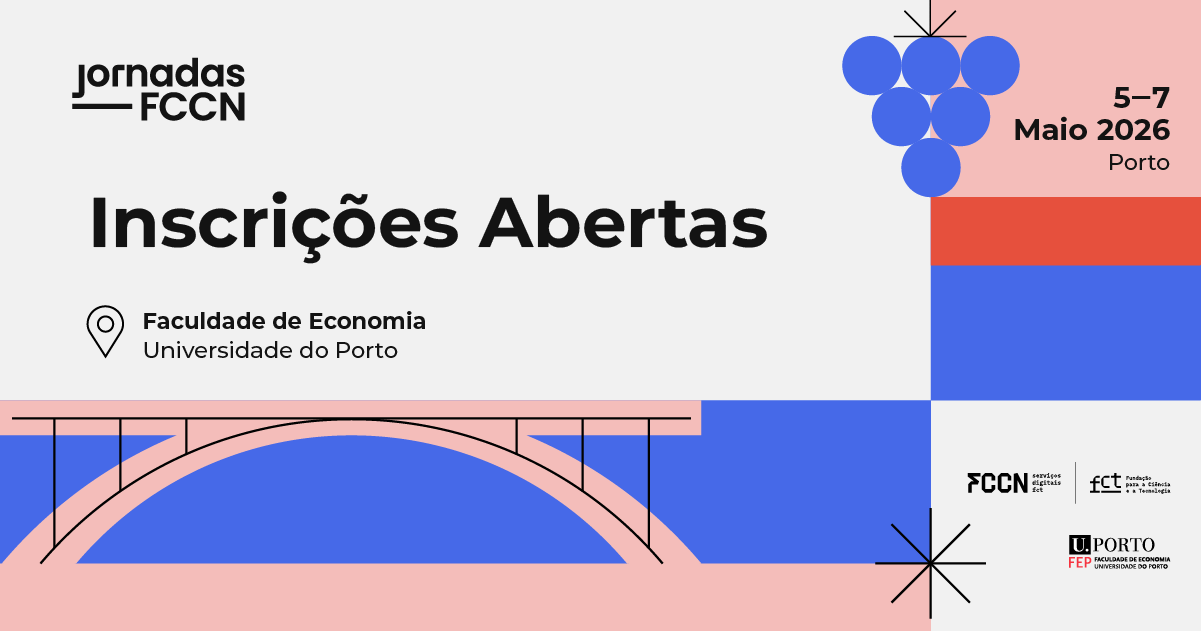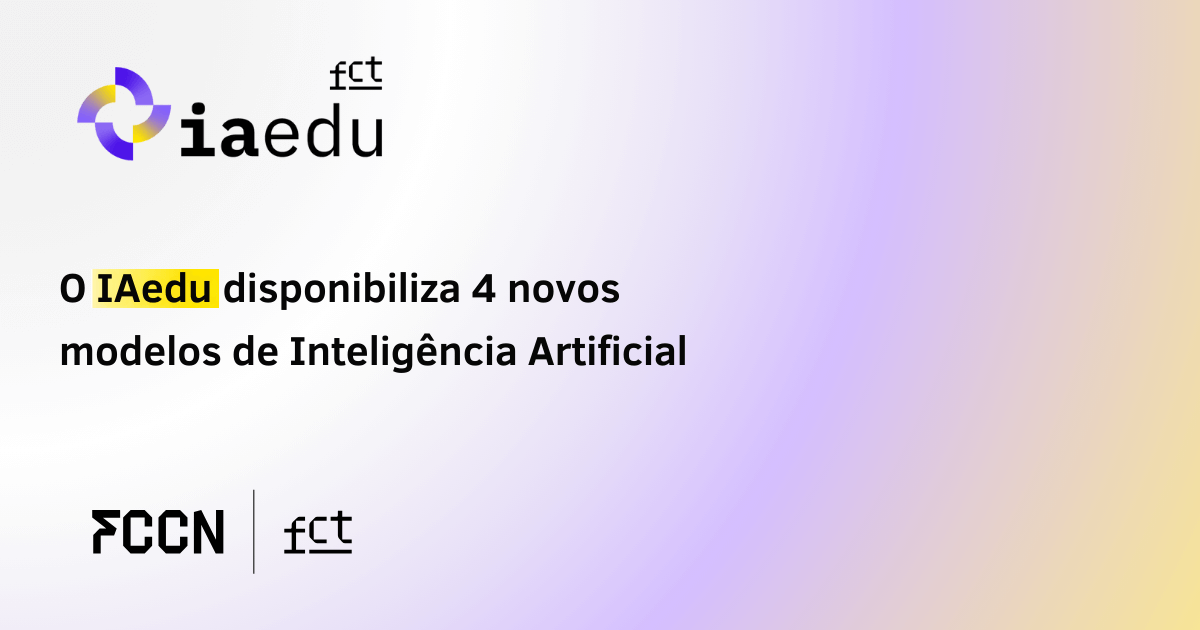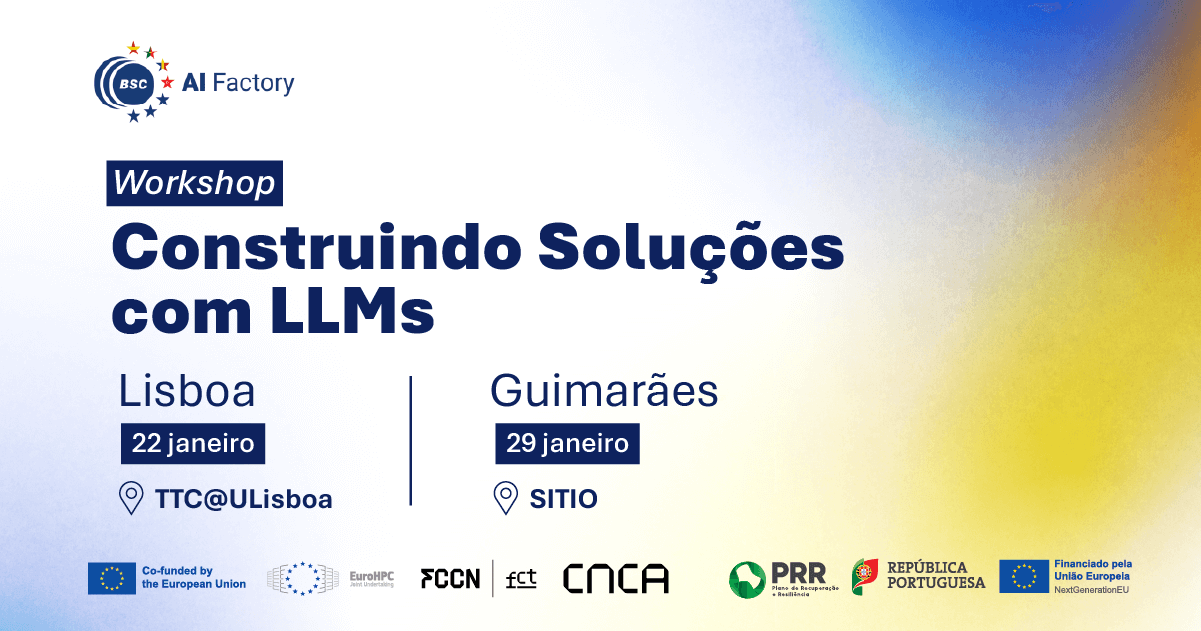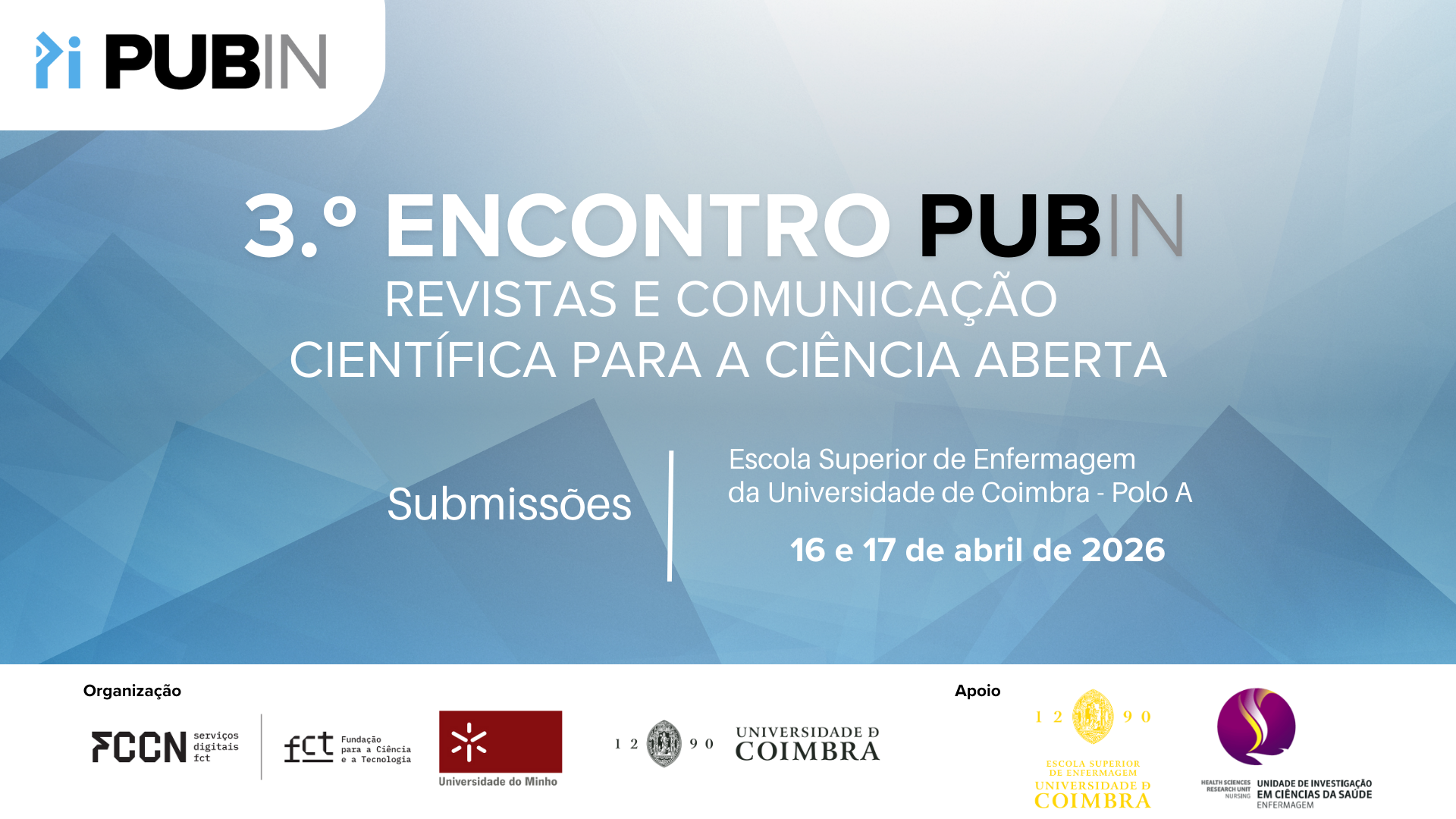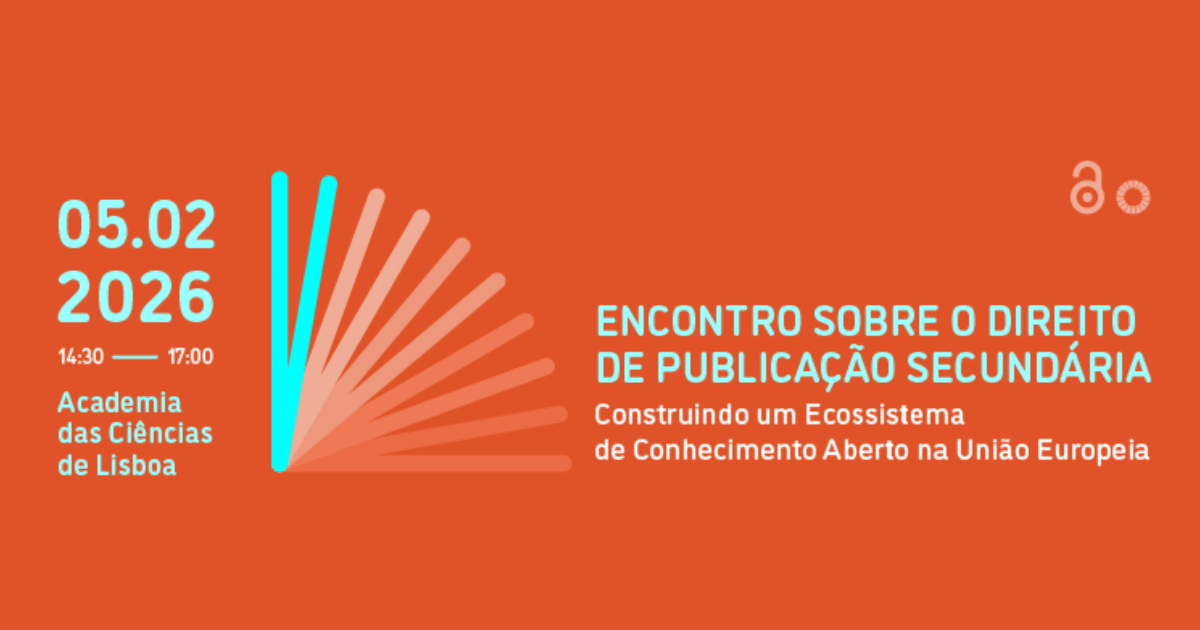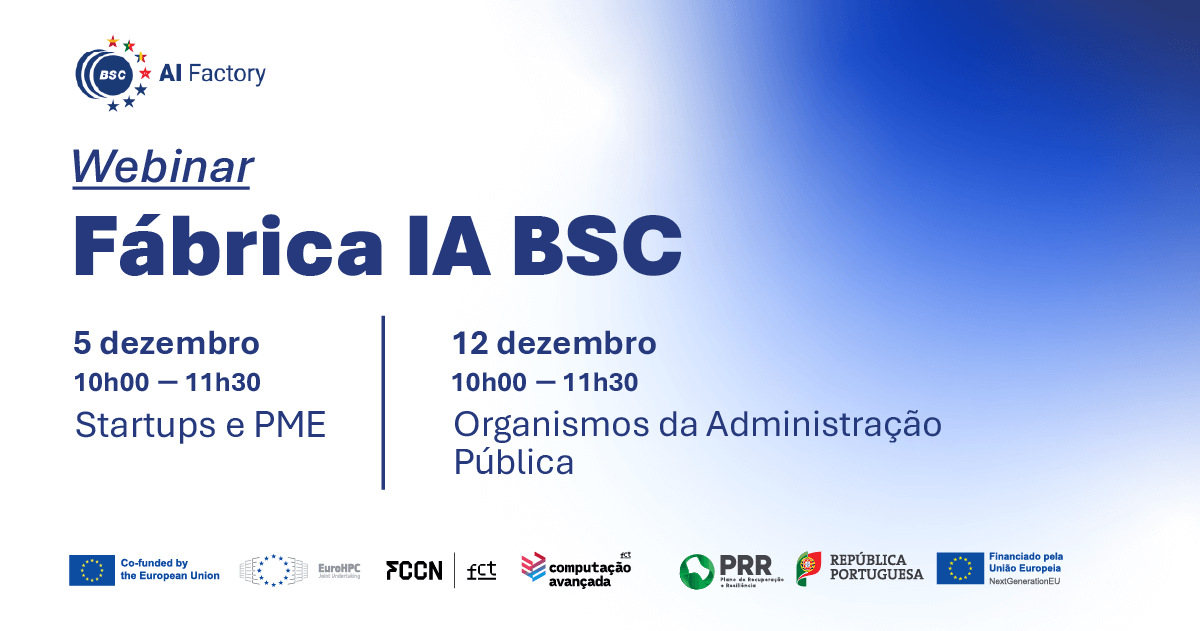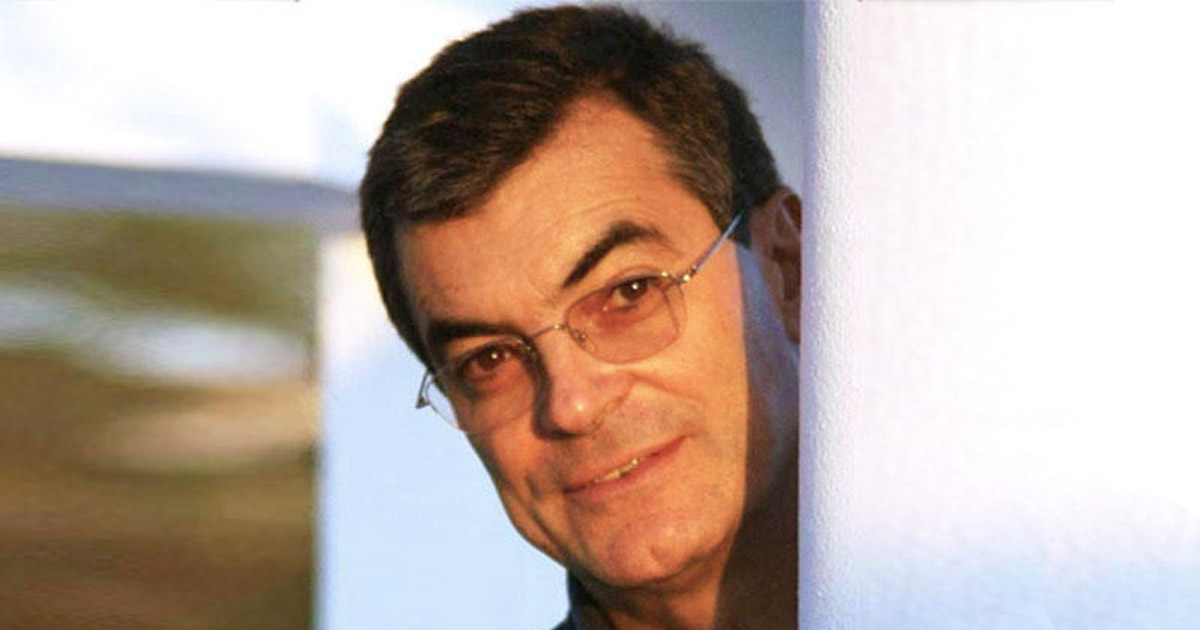
In the fall of 1991, Portugal became connected to the Internet as a result of the "RCCN IP Service" project, led by the FCCN Unit (then the Foundation for the Development of National Scientific Calculation Methods). José Legatheaux Martins, from the Universidade Nova de Lisboa, led this project and has already been called the "father" of the Portuguese Internet. In a conversation with FCCN, the Professor recalls the key moments and shares memories of this work, revealing the FCCN Unit's role in this process: "All participants felt they were contributing to something significant and significant."
"I never had any doubts about the path to take: connecting the country to the Internet."
This fall marks 30 years since Portugal's internet connection. Could you describe the role of the FCCN Unit (then the Foundation for the Development of National Scientific Calculation Resources) in this process?
Connecting Portugal to the Internet was a bottom-up process. Several professors from various universities held informal meetings to prepare the project. If I remember correctly, there was an initial meeting at Faculty of Sciences of the University of Lisbon, followed by others at the Computer Center of University of Porto, in University of Coimbra and at the University of Minho.
The meeting where the decision to formalize the project was at the University of Porto's Computer Science Center. At that meeting, we were strongly encouraged by its Director, Prof. Luís Damas, to find a way to propose the project to the Science Program. The institution that could formally support the project and its application to the Science Program was, naturally, the FCCN (then the Foundation for the Development of National Scientific Calculation Methods), which, from that decision onwards, assumed the role of project support institution.
FCCN had previously implemented several initiatives to enable remote access to the supercomputer it had acquired and installed at LNEC. These initial connections were the basis for the establishment of the first IP backbone for Portuguese universities; in other words, part of the funding for this national backbone already came from FCCN. The FCCN board member who became directly involved in the project was Professor Vasco Freitas of the University of Minho and a member of the FCCN Board of Directors, but the entire FCCN Board of Directors at the time embraced the project.
How was the first IP backbone technically assembled? Did FCCN play a role in this?
To connect the national IP backbone to the internet, we used an international line subsidized by the European Union. This connection operated using the X.25 protocol to connect universities to Amsterdam, via INESC. If I recall correctly, FCCN was also responsible for the European funding that supported this line.
In other words, the FCCN was already subsidizing, for different purposes, the communication lines that, after reconfiguring the protocols used, allowed us to use Internet protocols to establish the connection between a national IP backbone and the Internet. To this end, we used the X.25 line connecting to Amsterdam to connect to the European Internet backbone, which was managed by EUnet, a cooperative network of European institutions.
The FCCN, having not taken this initiative, realized the scope of this connection and began supporting the project, calling it the IP branch of the RCCN (National Scientific Calculation Network). However, shortly thereafter, this so-called "branch" became the RCCN itself.

What memories do you have of this time? What was it like coordinating this work?
Of the project's senior participants, I was always the only one who had no hesitation about the direction the project should take: connecting the country to the Internet, including businesses if possible. Because I combined this clear vision with the ability to mobilize people and resources, I took on in fact the project coordination. Also because I knew what needed to be done and had a good relationship with those in charge at FCCN, who also respected me. De jure It could have been someone with greater institutional power, but in reality, everyone ended up accepting my leadership.
My enthusiasm for the project was so great that I ended up bringing everyone along. On the other hand, we were all very excited and focused on being able to connect to the internet. The work progressed very quickly, and the results appeared naturally. The excitement was intense, and everyone involved felt like they were contributing to something significant and significant. Something that, what's more, we had been able to propose and implement.
Later, the political sphere became aware of the Internet's importance, and the pioneers gave way to politicians. Internet development naturally became something else; it no longer required just enthusiasm, knowledge, and a little money.
We had no idea of the scale that the Internet would later acquire.
I at least never imagined that the developments that have taken place in the last 20 years would happen, nor the dimension that the network has acquired.
What were some of the key moments in the process of building Portugal's connection to the Internet?
It was clearly the moment I mentioned, at the University of Porto's Computer Science Center, when everyone agreed that we should adopt Internet protocols and work to connect, using them, to the European backbone. It was at that meeting that this vision became clearer to everyone.
I even remember arguing at that meeting that the fastest way to move forward would be for the project to subsidize the acquisition of Cisco routers, which at the time were the most advanced devices for supporting Internet protocols. Some colleagues present at the meeting were surprised by this defense, as they thought we might consider devices that supported other protocols. However, these decisions later proved to be not only the right ones, but the only ones that allowed us to make serious progress, moving in the direction that all networks around the world eventually took.
Other key moments were the connection of the national backbone to the Internet backbone through Internet protocols, that is, TCP/IP, and also the moment when the Internet's NIC (Network Information Center) began to consider that our DNS servers in Portugal were the official servers for the .PT domain.
In addition to the coordination work you carry out, are there other stakeholders in this work that you feel deserve to be highlighted?
In terms of senior members of the project, special mention should go to Professor Luís Damas (who initially supported the germination of the idea), Professor Pedro Veiga (from the moment he understood the project's guiding principle) and Professor Vasco Freitas (for his role in institutional framing).
However, since this process was "bottom-up," I cannot fail to mention the names of all the participants in what was then called Forum-IP. They were the pioneers who decided that, indeed, the path forward was to adopt Internet protocols. They were Professors Vasco Freitas, Alexandre Santos, and Joaquim Macedo (University of Minho); Professors Luís Damas and Rogério Reis (University of Porto); Engineer João Neves (INESC Norte); Engineer Fernando Cozinheiro (University of Aveiro); Professors Edmundo Monteiro and Fernando Boavida (University of Coimbra); and Professor Salvador Abreu (then of the Universidade Nova de Lisboa).
Professors Pedro Veiga and Henrique Domingos, Doctors Jorge Frazão and Carlos Canau, and myself (University of Lisbon), as well as Doctor António Inês (LNEC). Engineer Henrique Silva, from INESC Lisbon, also provided significant support for the project.
The technological evolution of this sector was exponential during the three decades following this initial connection. At the time, did anyone anticipate this would be the path to take? And was it possible to foresee the impact this technology would have on social organization?
We anticipated that this would be the path to take. During the project, we even witnessed the birth of the Web, and anticipated that all universities and companies would connect, but we had no idea of the scale the Internet has since acquired. I, at least, never imagined the developments that have taken place over the last 20 years, nor the scale the network has acquired.
It was difficult to anticipate this with any realism. Just look at some numbers. At the time the project began, communications costs were so high that it was impossible to anticipate that it would be possible, as it is today, for millions and millions of people to have broadband access.
Just to put this into perspective, in 1991, the FCCN supercomputer must have cost several hundred thousand euros, but its capacity was probably the same as that of a powerful laptop today, with less disk space or memory. On the other hand, the cost of the Lisbon-Amsterdam connection was about three and a half thousand euros per month, but its capacity was about 16,000 times slower than that of a 100 Mbps broadband connection (which today probably costs less than €30 per month).
In fact, it was this exponential increase in capacity and the abysmal drop in prices that enabled the current unprecedented scale and paved the way for the economic models that underpin current developments.
On your website, you mention the creation of a specific "avenue": the development of connections between higher education institutions (or the "Academic Internet"). Looking at what European and national academic and research networks (such as the GÉANT or RCTS networks) are today, how do you assess this evolution?
From my point of view, European networks, such as GÉANT For example, they were crucial for European universities and research institutes (and therefore also the Portuguese "Academic Internet") to gain early access to high-quality, high-capacity networks. This opportunity was fundamental to national scientific development in general. They have also been important for some developments in advanced networks. However, regarding Internet developments over the past few years, it seems to me that industry has led the way, both in terms of high-capacity communications and in terms of new platforms and distributed systems on a gigantic scale.
Graduated in Computer Engineering and PhD in Distributed Systems, José Legatheaux Martins He has a broad academic career, having served as a full professor, Head of the Computer Science Department at FCT/UNL, and Vice-Rector for the Scientific Council of the same institution. In 2019, he was the evaluation coordinator for the entire faculty at FCT/UNL, and in 2020, he was the coordinator A3ES of a certification committee for undergraduate, master's, and doctoral programs at Portuguese universities. Since 2017, he has been president of the Portuguese Chapter of the Internet Society.
To learn more about the FCCN unit, we recommend visiting the page Who We Are, and the reading of its history by the hand of its General Coordinator, João Nuno Ferreira, in the article RCTS Challenges: 33 Years of History.
